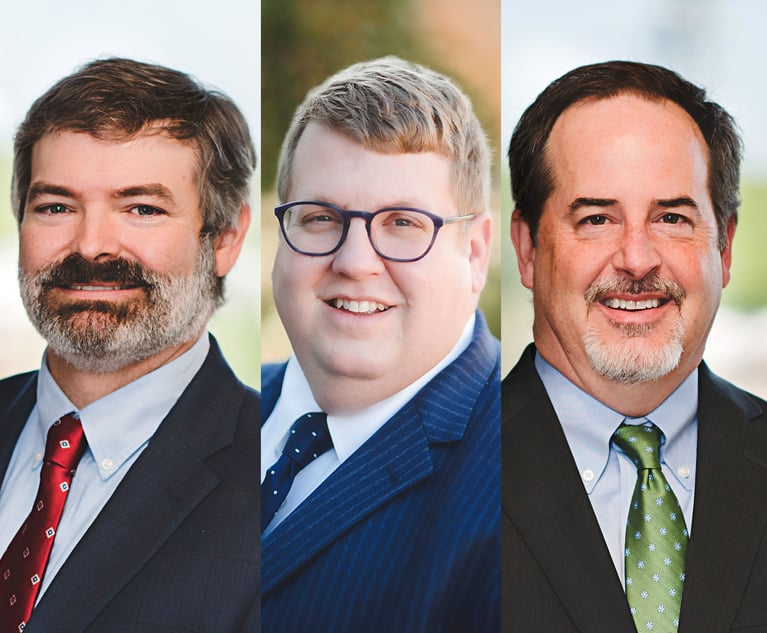Most of us pay for health insurance with hopes of only using it for routine checkups and annual visits to our primary care physicians. We feel a sense of security knowing that we have a health insurance policy; however, most of us are not privy to the dark world of health care claims denials and underpayments, where our providers often face risk of nonpayment for emergent and elective procedures. It is commonplace to believe that enrolling in a health insurance plan allows you to visit your provider for the health care goods and services necessary to treat your condition, and in turn, the provider will receive payment for the services you received. This is not always the case.
For some time now, insurance carriers, third-party administrators and self-funded payors (collectively, payors) have engaged in a pattern and practice of using improper claims tactics to avoid paying providers. In late 2020, Becker’s Hospital Review reported a spike in hospital systems closing down, citing that at least 47 hospitals nationwide had been forced to close or file for bankruptcy, which steadily increased throughout the COVID-19 pandemic. Across the board, health care providers and hospital systems have continued to experience an influx of denials and underpayments, leaving hospital systems scrambling to meet fiscal year requirements and physician group practices struggling to keep their doors open.
This content has been archived. It is available through our partners, LexisNexis® and Bloomberg Law.
To view this content, please continue to their sites.
Not a Lexis Subscriber?
Subscribe Now
Not a Bloomberg Law Subscriber?
Subscribe Now
LexisNexis® and Bloomberg Law are third party online distributors of the broad collection of current and archived versions of ALM's legal news publications. LexisNexis® and Bloomberg Law customers are able to access and use ALM's content, including content from the National Law Journal, The American Lawyer, Legaltech News, The New York Law Journal, and Corporate Counsel, as well as other sources of legal information.
For questions call 1-877-256-2472 or contact us at [email protected]


 Lindsay Lowe Associate Wolfe Pincavage Miami Courtesy photo
Lindsay Lowe Associate Wolfe Pincavage Miami Courtesy photo




